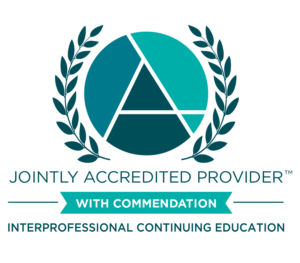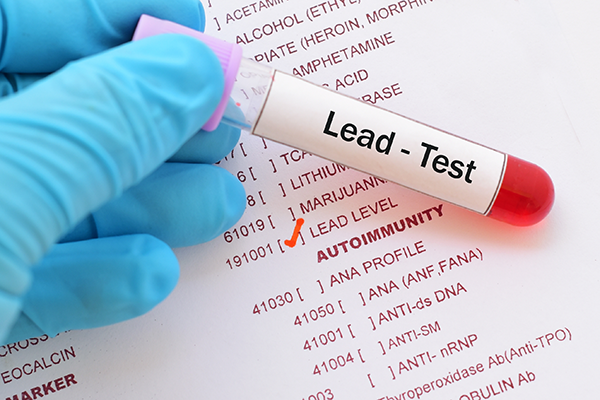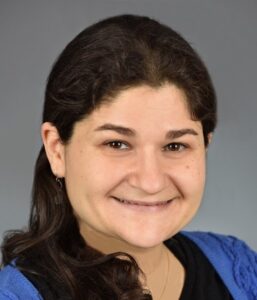Partnering to Protect Our Children’s Future Through Lead Poisoning Prevention (1 hr)
This comprehensive course equips healthcare professionals with the essential knowledge and skills necessary for effectively managing blood lead screening in children. Participants will gain a thorough understanding of the universal blood lead screening requirements, ensuring they can accurately implement these standards in clinical practice.
Price range: $0.00 through $25.00
Description
Co-Director, Region 1 New England Pediatric Environmental Health Specialty Unit
Chief Medical Advisor, Bureau of Climate and Environmental Health, Massachusetts DPH
Assistant Professor, Harvard Medical School
Co-Director, Region 1 New England Pediatric Environmental Health Specialty Unit
Professor, Harvard Medical School
This comprehensive course equips healthcare professionals with the essential knowledge and skills necessary for effectively managing blood lead screening in children. Participants will gain a thorough understanding of the universal blood lead screening requirements, ensuring they can accurately implement these standards in clinical practice.
The course delves into detailed procedures for the blood lead level referral intervention process, tailored to both capillary and venous screening results. Through interactive modules, participants will learn how to navigate and optimize the referral process, ensuring timely and appropriate responses based on specific screening outcomes.
Understanding the collaborative nature of managing elevated blood lead levels, the course will also highlight the roles of various organizations involved in response efforts. Participants will identify key organizations, understand their functions, and recognize critical moments for contact or engagement to foster a coordinated and effective intervention strategy.
Additionally, the course provides a clear examination of the long-term effects of lead exposure in children, emphasizing cognitive, behavioral, and physiological impacts. This knowledge is crucial for communicating risks and implications to families and ensuring informed decision-making in clinical environments.
By the end of the course, healthcare providers will be well-equipped to perform lead screening, manage elevated lead levels, and collaborate effectively, thereby promoting healthier outcomes for affected children.
Learning Objectives:
At the conclusion of this educational program, learners will be able to:
- Correctly apply the universal blood lead screening requirements for children.
- Describe the blood lead level referral intervention process for capillary and venous screening results.
- Identify the other organizations involved in responding to a blood lead level and identify when to contact or engage them.
- Describe the long-term effects of lead exposure on children.
 In support of improving patient care, Boston Children’s Hospital is jointly accredited by the Accreditation Council for Continuing Medical Education (ACCME), the Accreditation Council for Pharmacy Education (ACPE), and the American Nurses Credentialing Center (ANCC), to provide continuing education for the healthcare team.
In support of improving patient care, Boston Children’s Hospital is jointly accredited by the Accreditation Council for Continuing Medical Education (ACCME), the Accreditation Council for Pharmacy Education (ACPE), and the American Nurses Credentialing Center (ANCC), to provide continuing education for the healthcare team.
Physicians
Boston Children’s Hospital designates this live activity for a maximum of 1.0 AMA PRA Category 1 Credits™. Physicians should claim only credit commensurate with the extent of their participation in this activity.
Nurse
Boston Children’s Hospital designates this activity for 1.0 contact hours for nurses. Nurses should only claim credit commensurate with the extent of their participation in the activity.
Physician Assistants
Boston Children’s Hospital has been authorized by the American Academy of PAs (AAPA) to award AAPA Category 1 CME credits for activities planned in accordance with AAPA CME Criteria. This activity is designated for 1.0 AAPA Category 1 CME credits. PAs should only claim credit commensurate with the extent of their participation.
Psychology
Continuing Education (CE) credits for psychologists are provided through the co-sponsorship of the American Psychological Association (APA) Office of Continuing Education in Psychology (CEP). The APA CEP Office maintains responsibly for the content of the programs. This course has been approved for 1.0 continuing education credits.
Social Work
As a Jointly Accredited Organization, Boston Children’s Hospital is approved to offer social work continuing education by the Association of Social Work Boards (ASWB) Approved Continuing Education (ACE) program. Organizations, not individual courses, are approved under this program. State and provincial regulatory boards have the final authority to determine whether an individual course may be accepted for continuing education credit. Boston Children’s Hospital maintains responsibility for this course. Social workers completing this course receive 1.0 ACE CE continuing education credits.
MOC II
Successful completion of this CME activity, which includes participation in the activity, with individual assessments of the participants and feedback to the participants, enables the participant to earn:
1.0 MOC points in the American Board of Pediatrics (ABP) Maintenance of Certification (MOC) program
Disclosure Policy
Boston Children’s Hospital adheres to all ACCME Essential Areas, Standards, and Policies. It is Boston Children’s policy that those who have influenced the content of a CE activity (e.g. planners, faculty, authors, reviewers and others) disclose all relevant financial relationships with commercial entities so that Boston Children’s may identify and resolve any conflicts of interest prior to the activity. These disclosures will be provided in the activity materials along with disclosure of any commercial support received for the activity. Additionally, faculty members have been instructed to disclose any limitations of data and unlabeled or investigational uses of products during their presentations.
Disclosure Statement
The following planners, speakers, and content reviewers, on behalf of themselves, have reported the following relevant financial relationships with any entity producing, marketing, reselling, or distributing health care goods or services consumed by, or used on patients:
Marissa Hauptman, MD, MPH, FAAP: None
Alan Woolf, MD, MPH, FAAP: None
Additional information
| Credit Type | AAPA Category 1 (Physician Assistant), ABP MOC Part II (Pediatrician), AMA PRA Category 1 Credits™ (MD, DO, NP, PA), APA CE (Psychologist), ASWB ACE (Social Worker), Contact Hours (Nurse, Nurse Practitioner) |
|---|---|
| Duration | |
| Format | |
| Topic | |
| Expiration Date | |
| Release Date |







